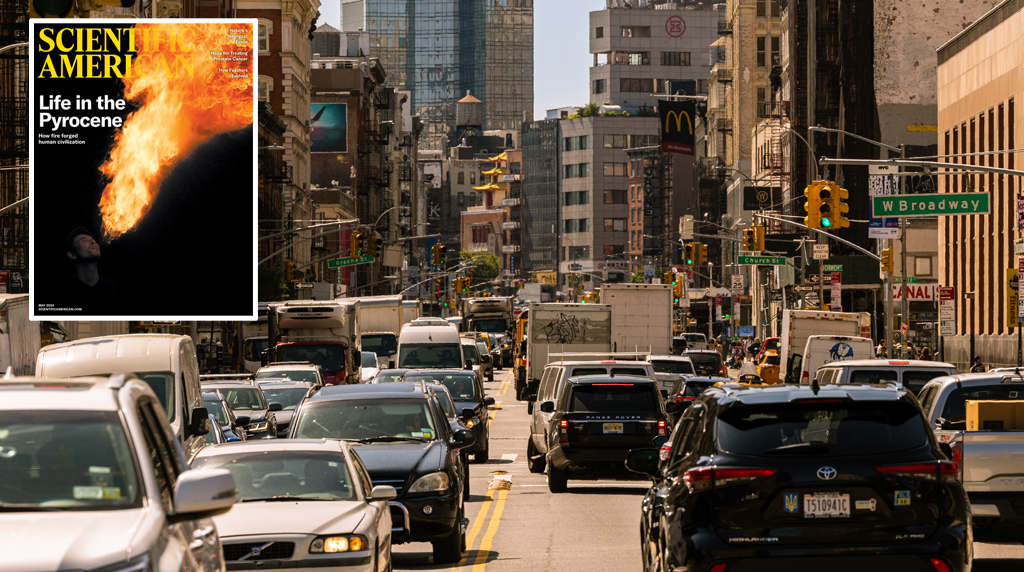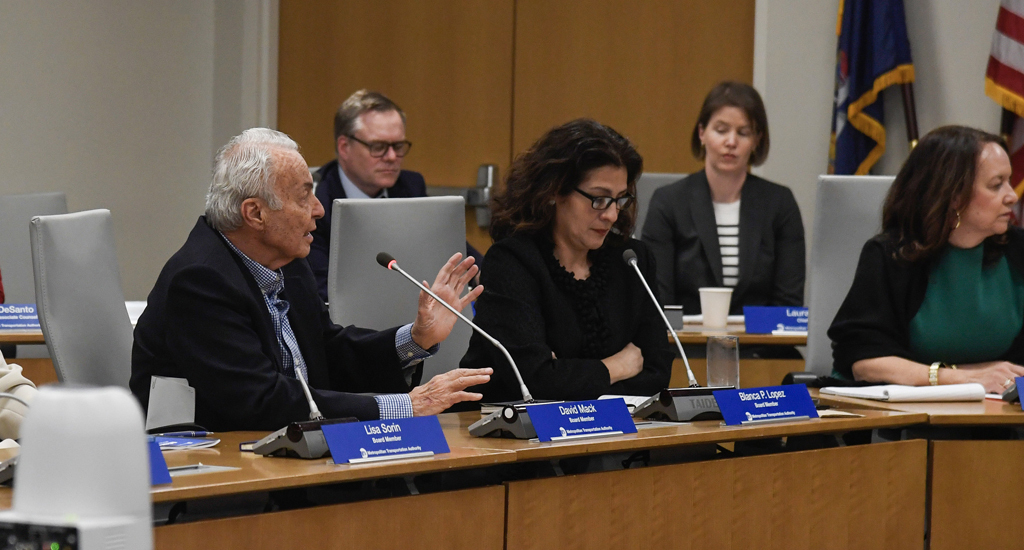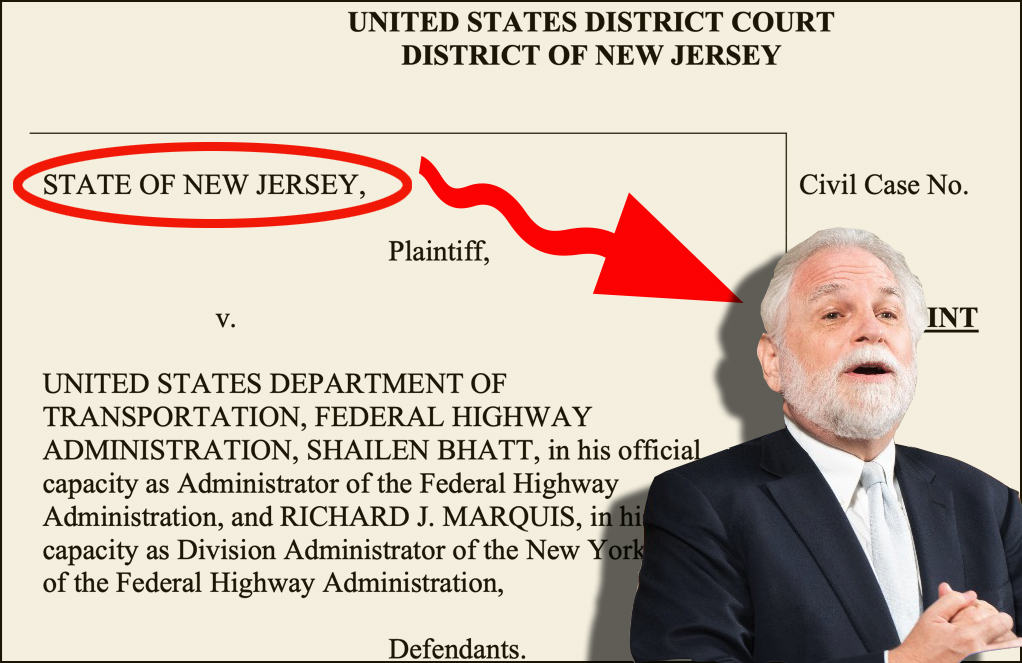The New York City Department of City Planning is encouraging
people to drive to work.
 Maybe not officially, but the agency's minimum residential parking requirements are a big inducement to car commute. That's the implicit finding of a new study by University of Pennsylvania planning professor Rachel Weinberger (and others, including yours truly, John Kaehny), released today by Transportation
Maybe not officially, but the agency's minimum residential parking requirements are a big inducement to car commute. That's the implicit finding of a new study by University of Pennsylvania planning professor Rachel Weinberger (and others, including yours truly, John Kaehny), released today by Transportation
Alternatives and a who’s who of leading planning, transit and environmental groups.
The study, "Guaranteed Parking -- Guaranteed Driving" [PDF], compares Park Slope, Brooklyn with Jackson Heights,
Queens, and finds that, despite Park Slope having higher car ownership, Jackson Heights residents are 45 percent more likely to drive to
work in the Manhattan Central Business District and 28 percent more likely to commute by car in
general.
And it isn't because Jackson Heights has no transit options. Commuters in both neighborhoods are served by multiple subway and bus lines, and the ratios of transit trip times to driving times are comparable. Additionally, other proven predictors of travel choice suggest Park Slope commuters are more likely to drive, not less. Park Slope is wealthier, denser and has higher home ownership. It also has a higher proportion of government employees.
The study's key research finding is that in Jackson Heights, 31 percent of car owners have a parking spot at home, compared to only 5 percent of Park Slope drivers. The study concludes that because of this, Park Slope car owners, who do not want to lose their coveted curbside spots, are less likely to drive to work.
The reason for the parking disparity is that much more of Jackson Heights has been built since 1963, when the city zoning code introduced residential parking requirements. The finding has far reaching sustainability implications, since the Department of City Planning requires driving-inducing residential parking for between 40 and 150 percent of new dwelling units.
In August, Weinberger and Kaehny teamed with Transportation Alternatives and other groups concerned about parking reform to issue "Suburbanizing the City". That study estimated that the city's parking requirement would generate a billion miles of new traffic a year by 2030. "Guaranteed Parking" substantiates that finding, and provides more evidence that New York City zoning regulations promote driving to work, even
when viable transit options are available.
Photo: Guaranteed parking in Jackson Heights, Queens
 Maybe not officially, but the agency's minimum residential parking requirements are a big inducement to car commute. That's the implicit finding of a new study by University of Pennsylvania planning professor Rachel Weinberger (and others, including yours truly, John Kaehny), released today by
Maybe not officially, but the agency's minimum residential parking requirements are a big inducement to car commute. That's the implicit finding of a new study by University of Pennsylvania planning professor Rachel Weinberger (and others, including yours truly, John Kaehny), released today by 



